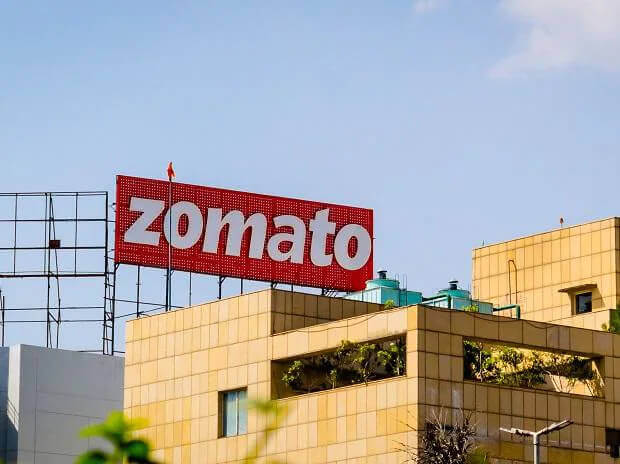Zomato’s shares fell to under Rs 50 on Monday, an all-time low, after the year-long lock-in period for its pre-IPO ended on Friday. The company’s stock fell as low as Rs 46 in early trading, nearly 40% lower than its issue price of Rs 76.
Why did Zomato’s stock plummet so dramatically?
The mandatory lock-in period for promoters, employees, and other shareholders who purchased Zomato stock prior to its IPO ended on Friday. This means that these shareholders are now free to sell their shares, which analysts believe is the primary reason for Monday’s massive sell-off.
If a company has no identifiable promoters, the Securities and Exchange Board of India (SEBI) rules state that its pre-IPO shares are locked in for one year. “After a one-year lock-in period, pre-offer shareholders may sell their shares in our company, depending on market conditions and their investment horizon.” Furthermore, any investor perception that such sales may occur could affect the trading price of the equity shares,” Zomato said in a Red Herring Prospectus before its IPO.”

Last month, the company’s stock took a significant hit following its acquisition of quick commerce startup Blinkit (formerly Grofers). Zomato’s stock dropped by more than 20% over the next four sessions.
How are the stocks of other startups faring?
Zomato was the first startup to list on the bourses in July last year, and it had a blockbuster opening after its shares were listed at Rs 116 apiece – a premium of 53% over the IPO price of Rs 76. However, the stock’s value has steadily declined since it peaked at Rs 169.10 per share in November of last year.
Other startups that followed Zomato to the bourses have seen their stock prices plummet since listing. Paytm, which had an initial public offering price of Rs 2,150, was trading at Rs 740.35 at the time of publication, a drop of more than 65 percent.
Nykaa, an e-commerce startup with an issue price of Rs 1,123 per share, had a successful listing, with its shares increasing by 78 percent when it first went public. However, the share’s value has since fallen, with its scrip trading at Rs 1,410.35 at the time of publication.














